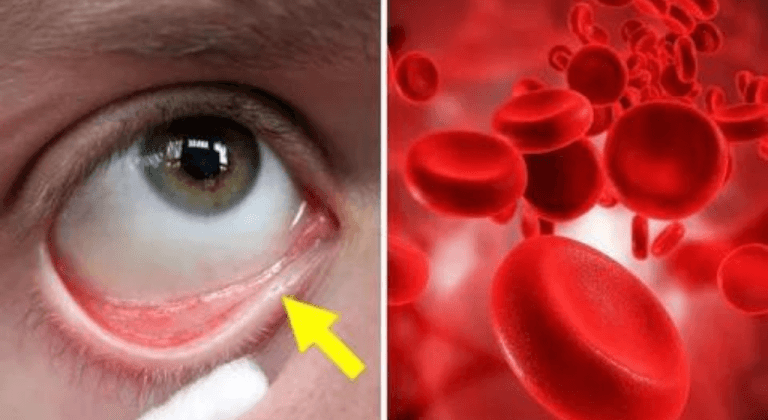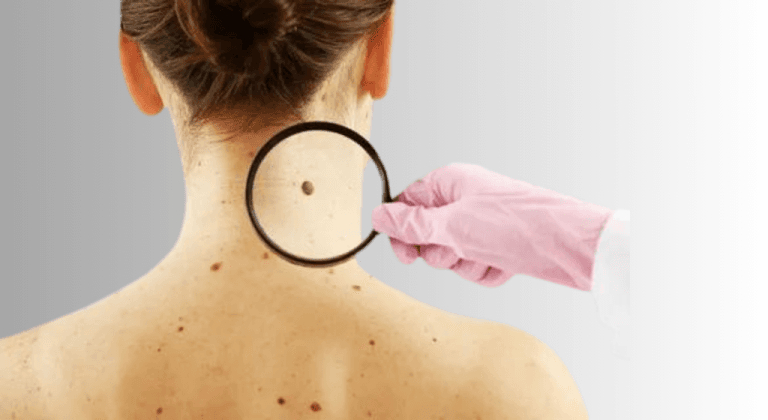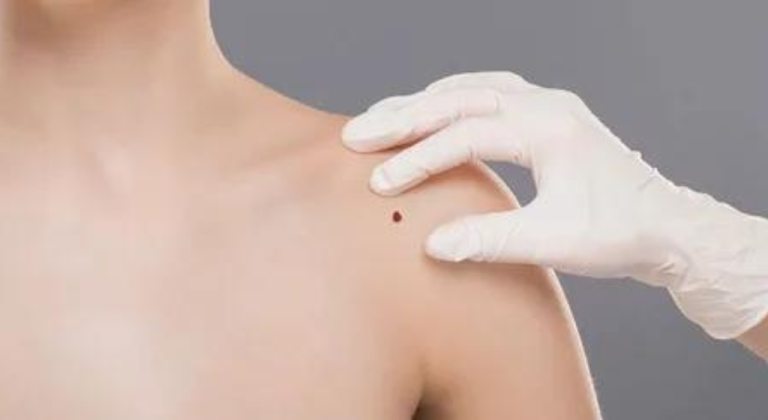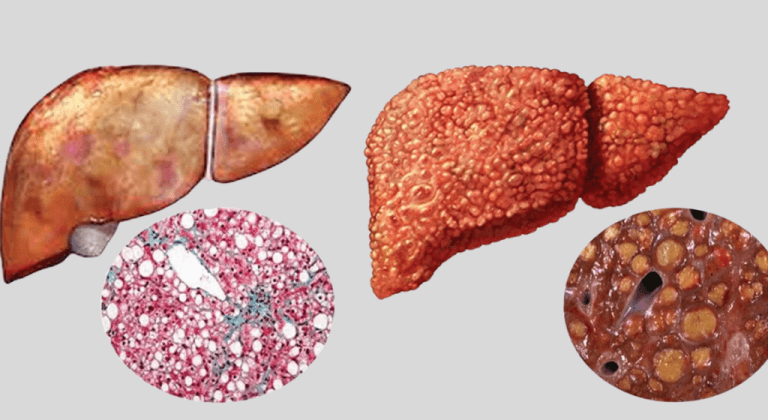6 myths about pubic hair: It’s time to stop believing them
Many myths arise from ignorance, especially regarding intimate matters such as vaginal health and pubic hair. Throughout history, discussions on these topics have been shrouded in secrecy. It is time to dispel these myths by highlighting the facts. Here’s a breakdown of common misconceptions about pubic hair and why it’s important to challenge them:
Appearance: The idea that pubic hair is unattractive is societal. Beauty standards vary greatly, and what one person finds attractive may be different for another person. Pubic hair performs important functions, such as protection from friction and infection. It is essential to embrace the natural diversity of our bodies and reject narrow definitions of attractiveness.
Intimate relations: The belief that pubic hair hinders intimate relations is baseless. Intimate relationships are built on trust and communication, not on the presence or absence of pubic hair. Many couples find that accepting each other’s natural bodies enhances their intimacy and fosters authenticity.
Odor: Pubic hair itself does not cause strong odors. Body odor is affected by various factors, including hygiene, diet, and hormonal changes. Proper hygiene practices are key to keeping your pubic area clean and fresh. In addition, pubic hair helps regulate body temperature and moisture balance, which contributes to overall hygiene.
Hygiene: Contrary to popular belief, removing pubic hair is not necessary for vaginal hygiene. In fact, it can increase your risk of infections, ingrown hairs, and razor burn. The protective function of pubic hair should be recognised, and hygiene practices should prioritize general hygiene rather than hair removal.
Colour: Pubic hair does not always match the color of scalp hair. Melanin production determines hair color, and can vary between different parts of the body. Pubic hair often appears darker due to slightly higher melanin levels in the pubic area.
Fertility: Although pubic hair has historically been associated with fertility, its presence or absence does not directly indicate fertility. Evolutionarily speaking, pubic hair performs protective and signaling functions, but its quantity is not related to an individual’s fertility level.
Dispelling misconceptions about pubic hair is crucial, and advocating for a more informed and holistic viewpoint. Pubic hair is a natural aspect of the human body, and its presence or absence does not affect its cleanliness, intimacy, or attractiveness. It is essential to challenge societal pressures and unrealistic beauty standards that have perpetuated these misconceptions. Instead, let us appreciate and respect the diversity of personal care choices, while recognizing the validity of each individual’s preferences. The ultimate goal is to promote body positivity, consent, and the overall well-being of individuals, free of bias and misinformation. It is time to provide ourselves and others with accurate information, and to foster a culture of acceptance and empathy regarding pubic hair and personal decisions.







